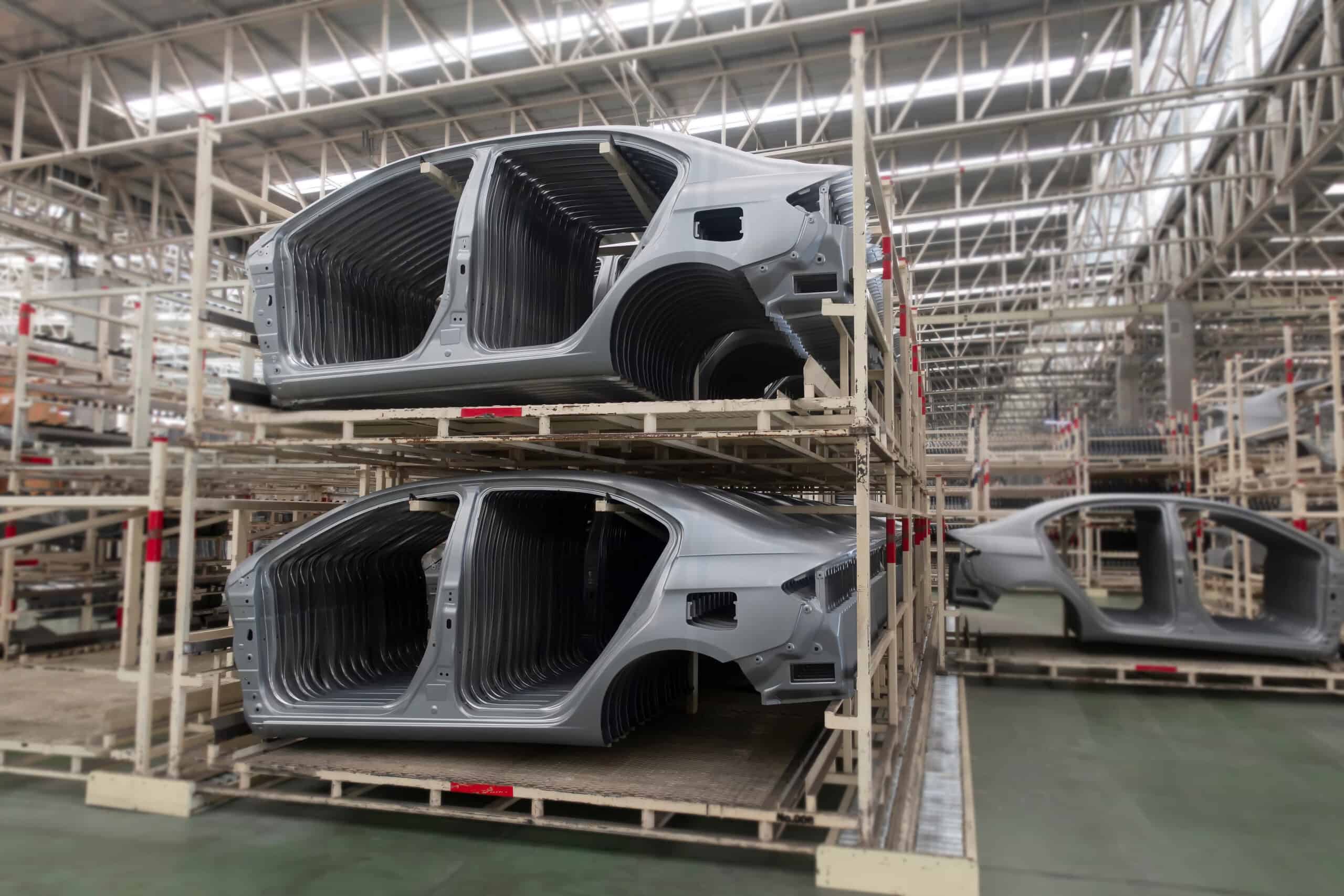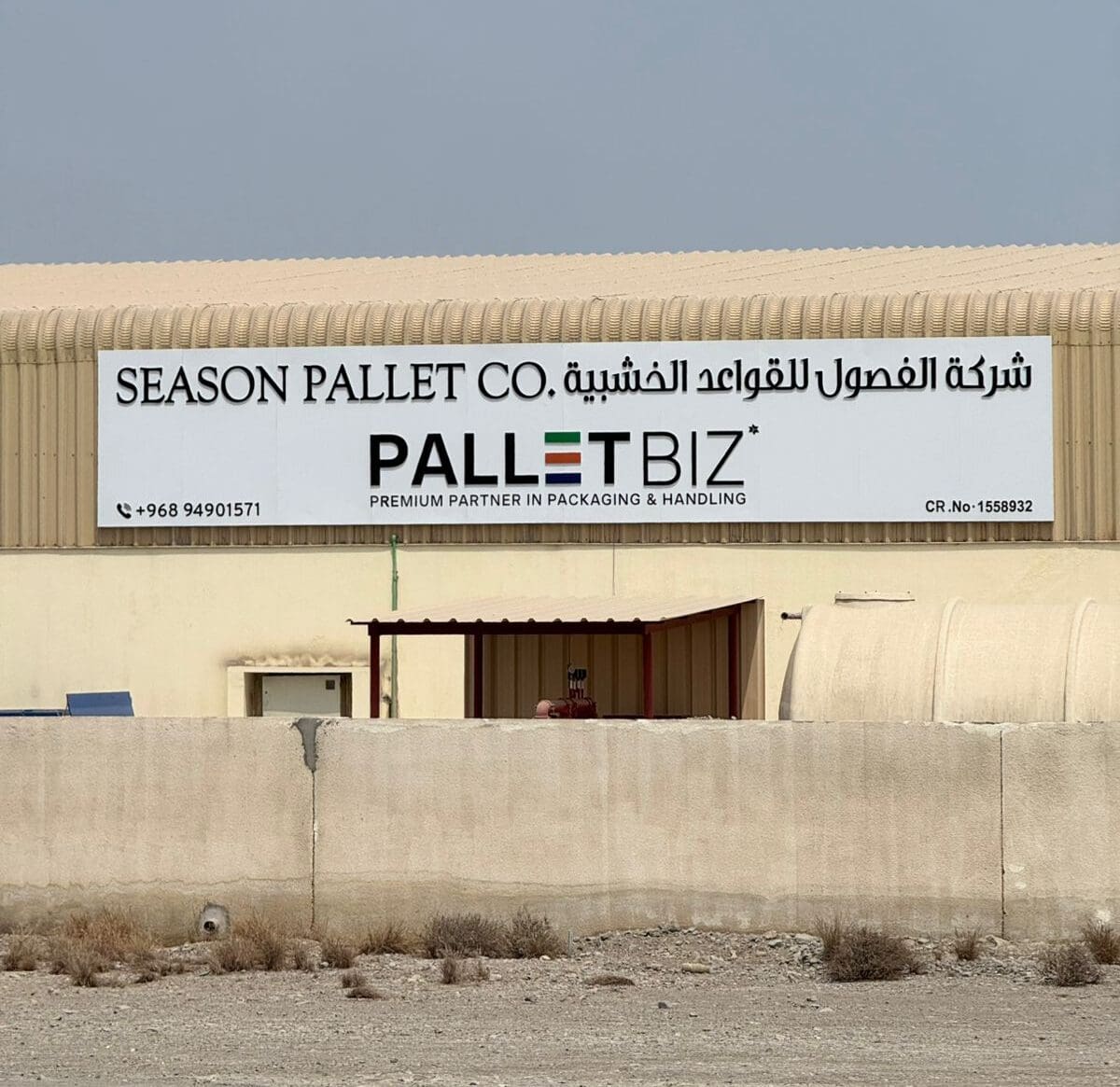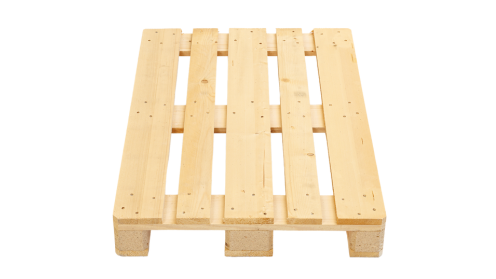Standardized Packaging in the Automotive Industry
- Insights
- Austria, Bahrain, Bulgaria, Denmark, Germany, Hungary, Kuwait, Moldova, Oman, Poland, Romania, Saudi Arabia, South Africa, United Arab Emirates
- Automotive
- Industry solutions
The automotive industry relies heavily on standardized packaging systems to keep its vast supply chains running smoothly. Standard pallet and container sizes ensure compatibility across different suppliers, plants, and logistics providers.
For example, in Europe, the EPAL/Euro pallet (1200×800 mm) and the 1200×1000 mm pallet are common standards. Likewise, the German automotive sector uses VDA KLT boxes – small standardized plastic totes – for nuts, bolts, and other small parts. By using common sizes and designs, automakers and suppliers make sure that packaging can be handled by any forklift or conveyor, and that pallets fit efficiently into trucks and shipping containers without wasted space.
How Standards Streamline the Supply Chain
When every supplier ships parts on an approved pallet size or in a specified container, those parts can move from a factory in one country to an assembly line in another without repacking. Standard packaging simplifies handling – forklifts, automated warehouses and robotics can all be calibrated to a known pallet dimension or box shape. It also improves safety and reduces damage: a standardized pallet is tested to handle typical automotive loads, and standard label positions (often following ISO or AIAG barcode standards) mean scanners and warehouse systems can quickly identify parts. In fact, many automakers mandate that their suppliers use certain packaging types and labels. For instance, an OEM might require all inbound parts to arrive in foldable plastic crates with a specific RFID tag or barcode label format. This uniformity enforces lean manufacturing principles – parts arrive “line-side” ready to use, in packaging that is predictable and easily stored or returned.
Supplying compliant packaging worldwide.
PalletBiz supports these industry standards by supplying compliant packaging worldwide. We provide EPAL-certified pallets, Euro-size pallets, EUR pallets, PalletBiz pallets as cost efficient alternative to EPAL, and other industry-approved containers so that our automotive clients meet their OEMs’ requirements. Our pallet collars and lids also conform to standard footprints, giving flexibility to adjust container height while still fitting standard bases. By using standardized packaging, clients benefit from interchangeability – an empty PalletBiz pallet in one plant can be reused in another – and from efficiency, since standardized units stack and transport optimally together. Of course, one size doesn’t always fit all; standard packaging has its limits when parts are very large or uniquely shaped. In those cases, companies turn to custom packaging (our next topic) to fill the gaps that standards can’t cover. But overall, standardized packaging is the backbone of automotive logistics, enabling a seamless flow of parts through complex, global supply chains.
Browse through our packaging solutions to find the best fit standard packaging for you transport & storage needs.
EPAL Pallets
EPAL pallets are the backbone of global logistics, with over 650 million in circulation worldwide. Manufactured under the license of European Pallet Association (EPAL), they are renowned for their high quality and adaptability to market demands. The EPAL pallet, produced by PalletBiz, is a highly reliable and standardized wooden pallet designed for international logistics.
PalletBiz Pallets
The PalletBiz Pallets are our own pallet product, designed to be an alternative to Euro Pallets. The pallet is easily identified by “PalletBiz” logo, as shown on the picture.
The pallets are constructed with just the right combination of elements to achieve a lower cost than Euro Pallets, without compromising on quality or strength.
Used Pallets
PalletBiz offers collection, repair and buyback services of Used Pallets belonging to the PalletBiz exchange pool or to our clients’ own circulation of pallets.
To enable these services, PalletBiz has an extensive network for collecting and repairing Used Pallets to be re-introduced to our clients at competitive prices.
Related publication

Global vs. Local: Navigating Regional Automotive Packaging Trends
November 12, 2025
- Insights
- Austria, Bahrain, Bulgaria, Denmark, Germany, Hungary, Kuwait, Moldova, Oman, Poland, Romania, Saudi Arabia, South Africa, United Arab Emirates
- Automotive
- Industry solutions

PalletBiz Opens New Facility in Sohar, Oman – Expanding GCC Footprint
October 10, 2025
- Press Releases
- Oman
- Group news
Would you like to know more details?
Fill in the form or ask the chatbot to establish the contact with us

















 English
English Germany
Germany Hungary
Hungary Poland
Poland Romania
Romania